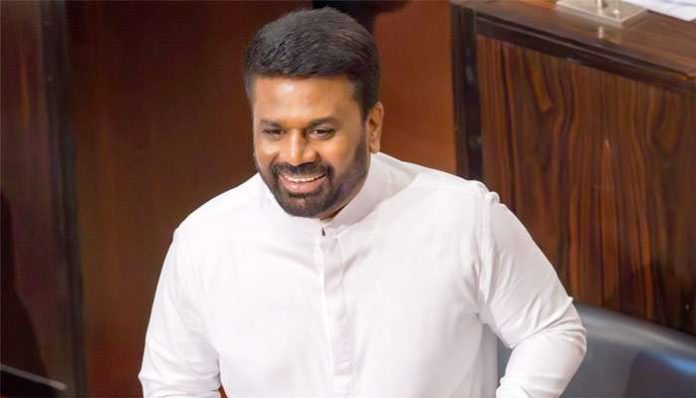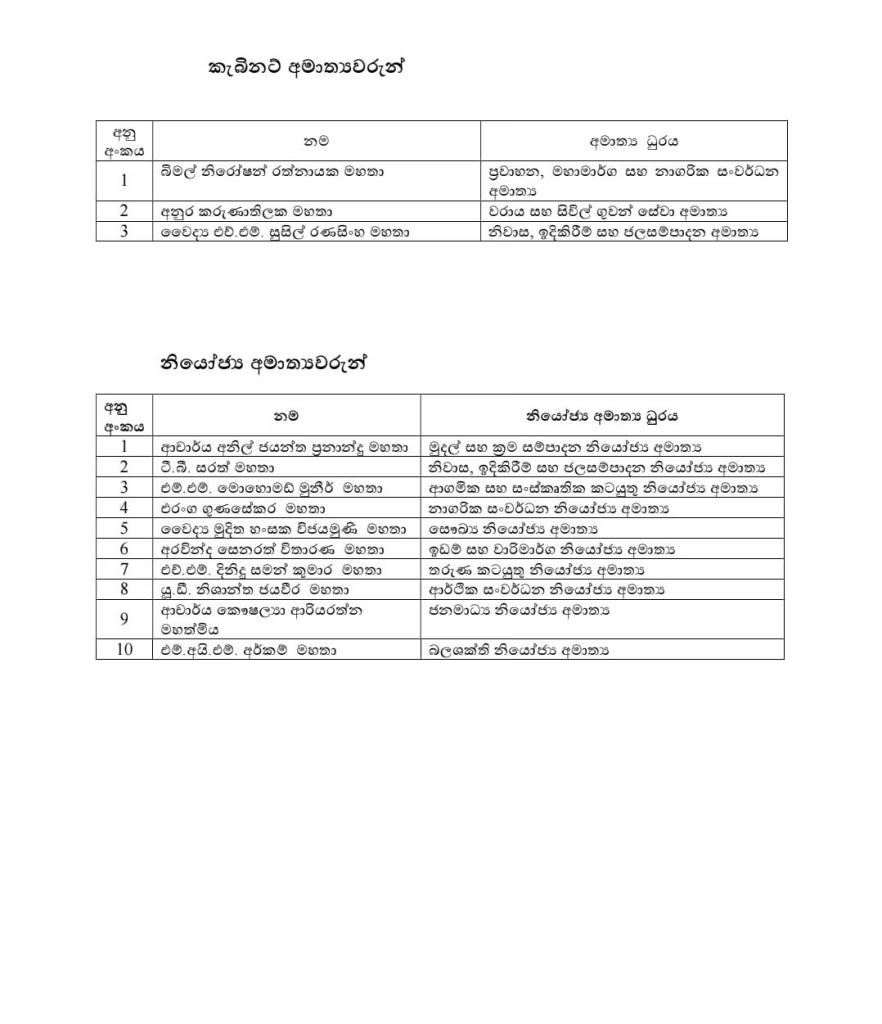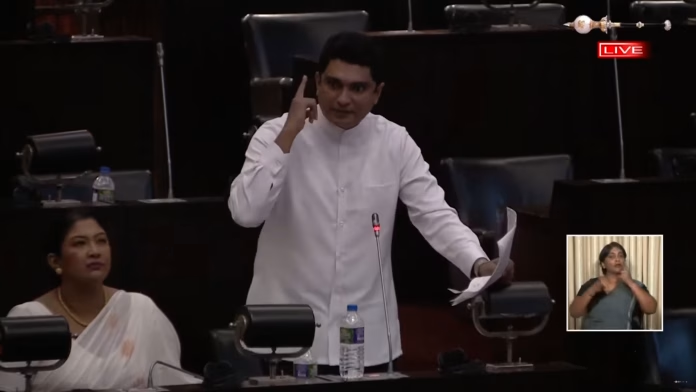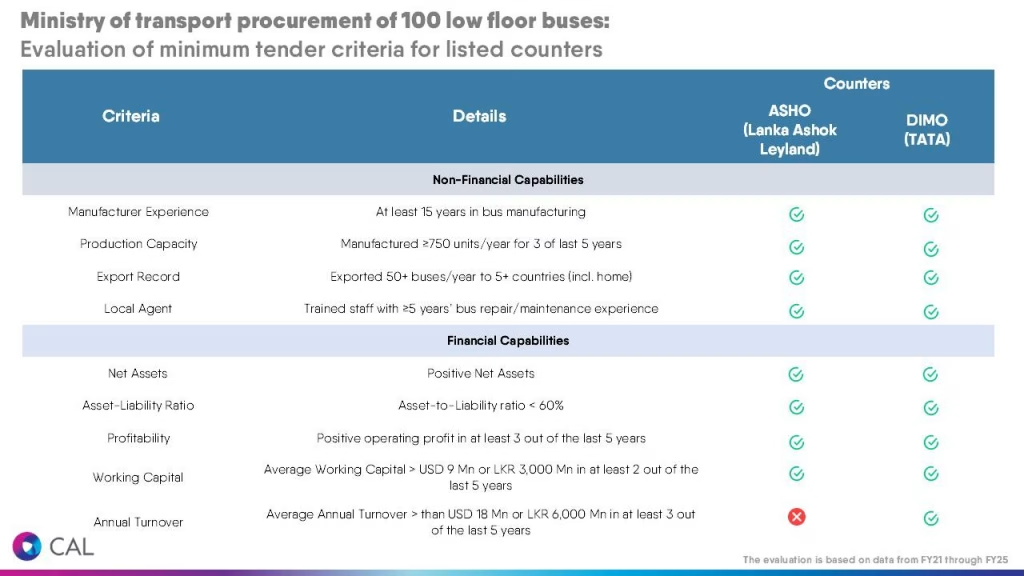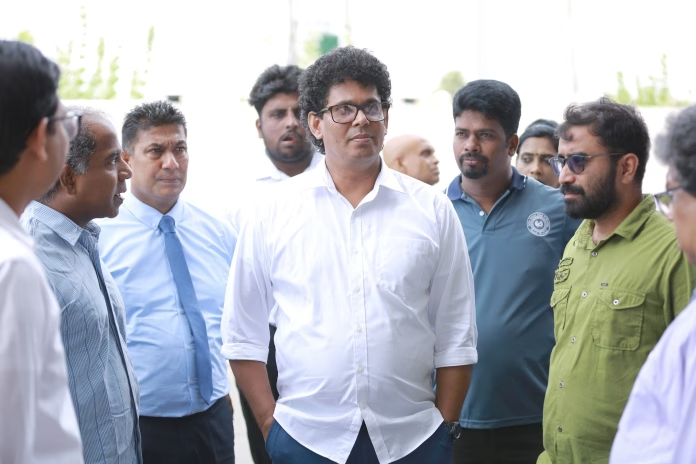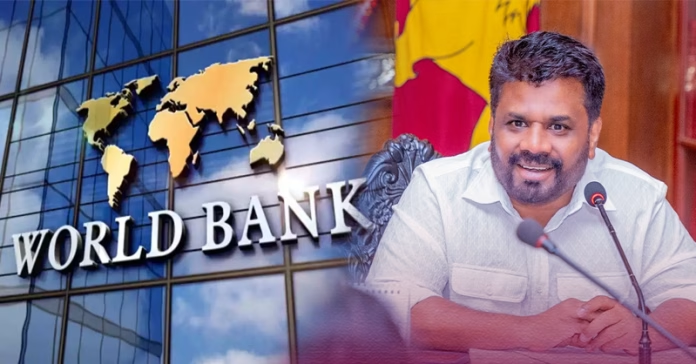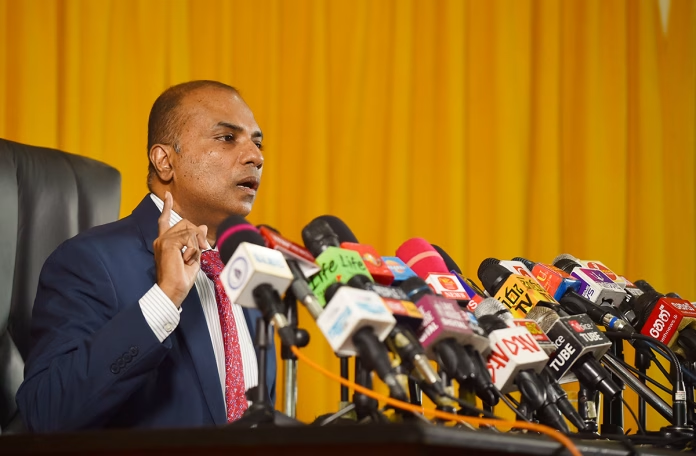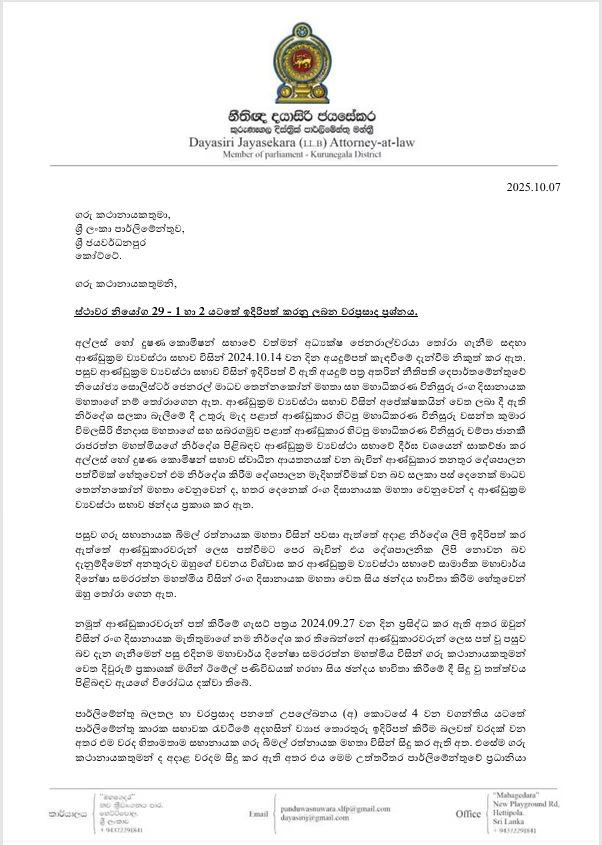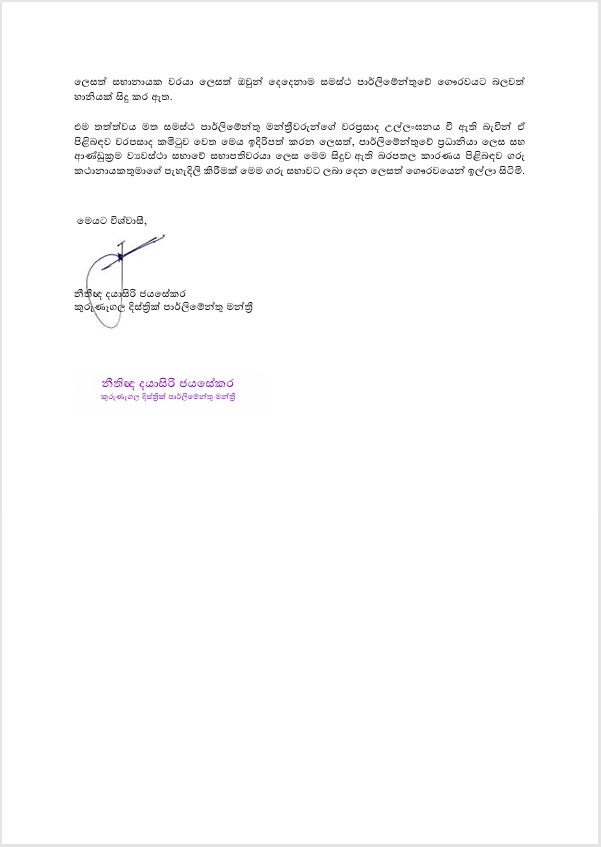The Janatha Vimukthi Peramuna (JVP), a key ally in the ruling National People’s Power (NPP) government, is exerting significant pressure on the highest political authorities to introduce a new constitutional amendment to abolish the Provincial Council system entirely, rather than holding the proposed Provincial Council elections.
The JVP’s primary argument is that despite the Provincial Councils being dissolved for over five years, the country’s administrative functions have continued without hindrance.”Provincial Councils are a White Elephant.”
The JVP emphasizes that the public has practically realized that Provincial Councils, which waste public money and allocate a large portion of national wealth, are a “white elephant.” They believe this is the most opportune moment to abolish the system . Government’s Policy Promise and Conflicting Views
The NPP government, in its policy statement, promised to hold Provincial Council elections within one year of coming to power. However, the elections have been delayed due to the unfinished delimitation process and the lack of a final decision on the electoral system.
Conflicting opinions within the government regarding the elections have also emerged:
- Foreign Minister Vijitha Herath expressed confidence in Parliament last week that elections could be held within the first six months of 2026.
- JVP General Secretary Tilvin Silva stated his belief that elections could be held by the end of next year.
Meanwhile, reports indicate that India and several Western countries are also strongly pressuring the government to promptly hold Provincial Council elections to strengthen democracy. Undeveloped Funds
Provincial Councils in Sri Lanka were dissolved between 2017 and 2019. It has been revealed at District Development Councils and in Parliament that less than twenty percent (20%) of the funds allocated by the government to these Provincial Councils in the last budget had been spent by the end of the year.
This situation further strengthens the JVP’s arguments for the abolition of Provincial Councils.
The Provincial Council system was established in 1987 under the Thirteenth Amendment to the Constitution, in accordance with the Indo-Lanka Accord.


